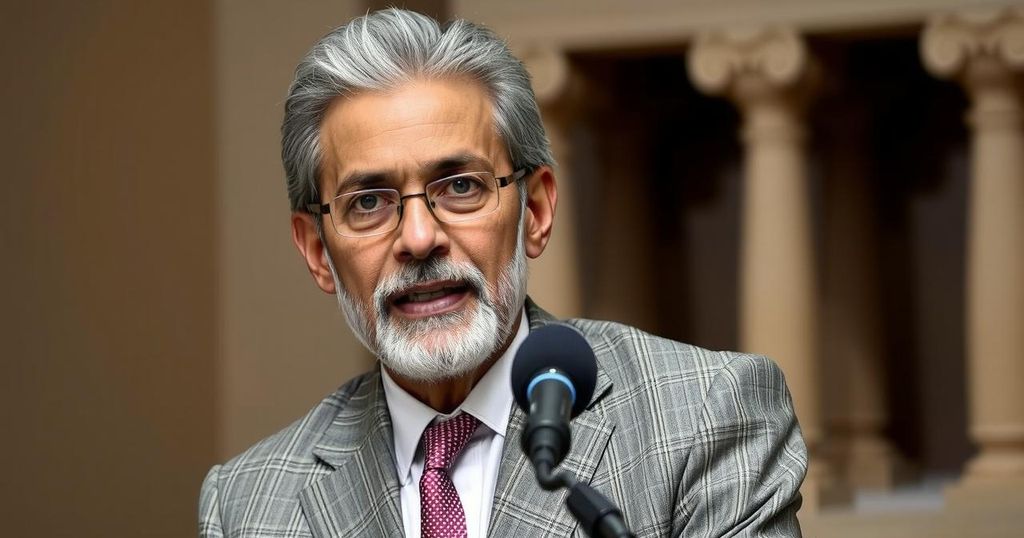At the Manama Dialogue, India’s External Affairs Minister S. Jaishankar addressed the geopolitical challenges from Gaza to Lebanon to Syria, emphasizing the need for India to engage with competing regional interests. He highlighted India’s unique position in communicating with both Israel and Iran amid rising tensions. Additionally, Jaishankar discussed India’s vested interests in maritime security in the Red Sea and the significance of the West Asian region to India’s economic growth.
During the recent Manama Dialogue in Bahrain, India’s External Affairs Minister S. Jaishankar addressed the complex geopolitical challenges confronting West Asia, particularly the escalations in Syria, Gaza, and Lebanon. He emphasized the need for India to navigate competing interests in the region realistically, especially as different coalitions of countries form around varying issues. Jaishankar highlighted India’s unique diplomatic position, wherein it maintains communication links with both Israel and Iran, which are crucial given the rising tensions between these nations, particularly following Iran’s missile strikes on Israel in response to regional conflicts.
Jaishankar also discussed the security concerns linked to Houthi attacks on commercial shipping in the Red Sea, underscoring India’s vested interest in stabilizing maritime routes to mitigate related costs. He pointed out India’s burgeoning economy, expecting to reach a $4 trillion valuation, with trade poised to double within the decade, thus accentuating the importance of the West Asian region in India’s economic vision. His remarks reflect a broader understanding of the intricate dynamics at play in West Asia, essential for fostering regional stability and enhancing India’s international standing.
The Middle East has been a focal point of geopolitical tensions, with conflicts in Syria, Lebanon, and Gaza significantly affecting regional stability. The recent uprising against Bashar al-Assad’s regime in Syria further complicates this landscape. Additionally, the relationship between Israel and Iran remains a pivotal concern, particularly in the context of mutual hostilities and military engagements. India’s engagement in West Asia is primarily shaped by its growing economic aspirations and the imperative to ensure safety in vital maritime routes impacted by ongoing conflicts.
In conclusion, External Affairs Minister S. Jaishankar articulated India’s multifaceted approach to navigating the intricate geopolitical challenges of West Asia. His insights on India’s strategic communication capabilities with Israel and Iran, alongside his acknowledgment of economic stakes in regional stability, position India as a key player in fostering peace and prosperity in the Middle East. As India anticipates significant economic growth, its role in addressing these regional challenges will likely become increasingly pivotal.
Original Source: indianexpress.com







